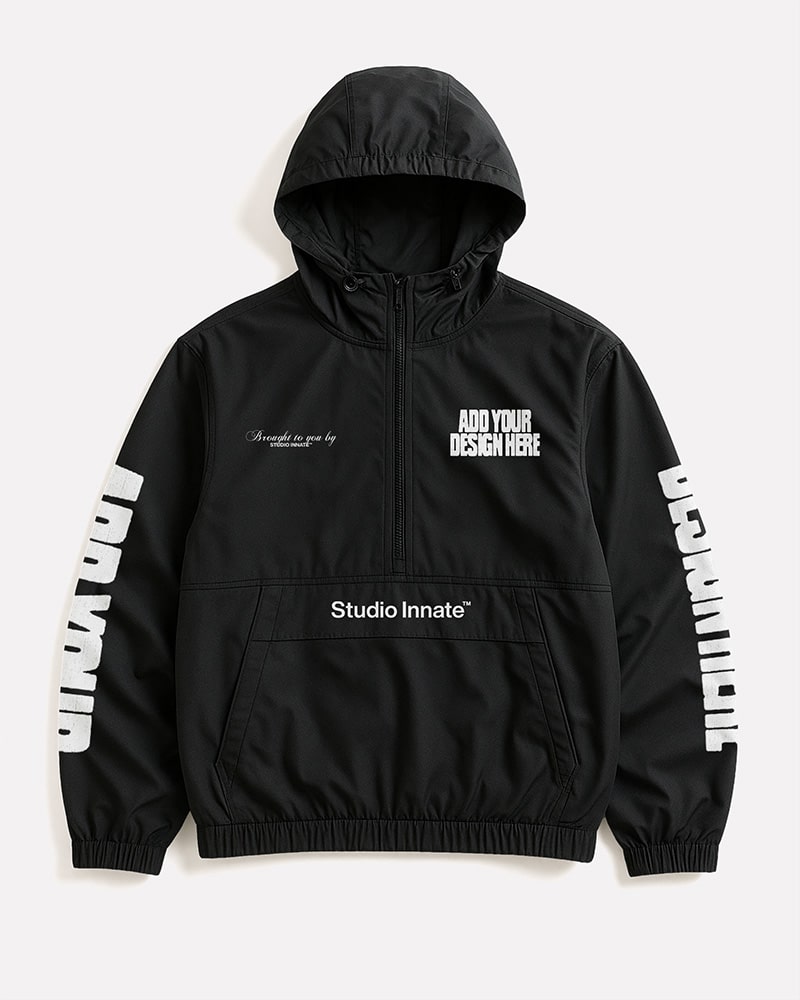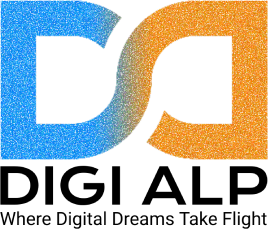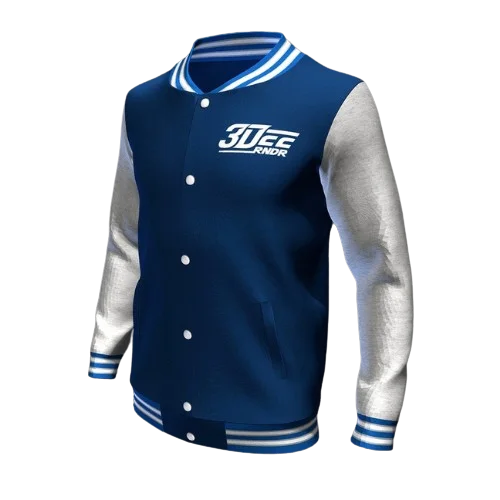Developed a 2D/3D jacket customiser for a clothing brand, enabling users to choose colours, materials, logos, and text with real-time visualisation. The tool generated production-ready files, improved user engagement, boosted conversion, reduced returns, and allowed admins to manage models, options, and pricing—delivering a seamless design-to-manufacture workflow across desktop and mobile.
Client
A clothing/apparel brand (name confidential) that wanted to offer a fully-customisable jacket online: customers could choose colours, add logos/text, preview in 2D and 3D, and then place an order for production.
Objective
To build an interactive design system allowing end-users to customise a jacket (colour, material, logos, text) via a 2D editor and a 3D viewer, enabling true online personalisation, reducing turnaround time between design and production, and improving order conversion and customer confidence.
Challenges
- Visualisation gap: Customers often hesitate when they cannot see how their custom choices will look on the final product → need real-time 2D/3D visual feedback.
- Complex asset management: Multiple jackets, colour palettes, logo placements, materials, trims — this complexity needed to be managed and displayed cleanly without slowing down the site.
- Integration to production: The tool must generate output that the manufacturing/production team can use (print-ready files, correct mapping of textures, correct placement of logos/trims).
- Performance & mobile usability: The customiser (2D + 3D) must work smoothly on both desktop & mobile browsers, with minimal latency so user experience isn’t degraded.
- Backend/editor ease: The brand’s admin should be able to add new base jacket templates, colours, options (logos/text/position) without deep engineering effort.
Strategy & Implementation
1. Design & Asset Preparation
- Created high-fidelity 2D flat templates (front + back + sleeves, etc) of the jacket.
- Developed a 3D model of the jacket (mesh + textures) with modular segments (body, sleeves, cuffs, trims) to allow colour/material swaps.
- Defined a schema of options: colour combinations, trims, logo/text zones, user upload of logo files, text placement & styling.
2. Front-End Customiser Tool
- 2D Editor: user picks colours of segments and places graphics or text on defined zones; immediate preview in 2D.
- 3D Viewer: based on a three-dimensional model; rotates, zooms, and reflects the same choices (colours, materials, logos) from the 2D editor in real-time.
- Price adjuster: as the user applies premium materials or logos, etc, the price updates in real-time (optional).
- Responsive UI: design tool built to work on desktops & tablets/mobile screens.
3. Back-End & Production Integration
- Saved user configuration (colour/material choices + logo/text + user uploads) in structured format (e.g., JSON).
- Generated production-ready files: mapping user design choices to print-ready PDF/PNG files + texture maps for 3D model; exported to manufacturing workflow.
- Admin panel: allowed brand team to add new jacket base models, define colour sets, define upload zones, and update pricing rules.
4. Performance & Deployment
- Optimised assets: compressed textures, used WebGL for 3D viewer, lazy-loaded modules, cached 3D models.
- Ensured cross-browser compatibility and mobile device performance.
- Embed the customiser in the brand’s website so that once the design is complete, the user can proceed to order checkout seamlessly.
Features Delivered
- Fully functional customiser: colour swapping, material changes, upload logo, add text, live price update.
- High-quality 3D viewer: rotate, zoom jacket; real-time reflections of user customisation.
- Production export: automatically generated files ready for manufacturing (reducing design-to-production delay).
- Admin dashboard: to manage base models, colour/material libraries, and pricing rules.
- Responsive design: customiser layout adapts for desktop + tablet/mobile usage.

6
Results & Impact
While exact numbers will come from client data, typical outcomes of such a project include:
- User engagement: the customiser tool increased session duration (users spent more time customizing) → more invested in the product.
- Conversion improvement: Users who visualise their customized jacket in 3D are more confident — leading to higher conversion rates (+ 20-40% typical according to industry case studies).
- Reduced returns: Better visualization reduces the mismatch between expectation & reality, lowering return rates.
- Faster production lead-time: Because design-to-manufacture files were automatically generated, the time from order placement to production started was reduced.
- Competitive differentiation: Offering 2D + 3D customisation sets brand apart from standard “choose colour” options.
Key Takeaways
- Visual customisation sells: The ability to see your design in 2D and 3D creates confidence and personal attachment.
- Modular architecture pays off: Building the jacket as modular segments (body, sleeves, trims) allows many combinations without exploding asset overhead.
- Performance matters: Because of graphics and 3D, careful optimisation is required to avoid slowdowns—especially on mobile.
- Seamless hand-off: The value lies in bridging design tool → production workflow; if you stop at visualisation only, the benefit is lessened.
- Admin flexibility: The brand should be able to add new jacket models, materials, and options without heavy engineering involvement to keep the system future-proof.

